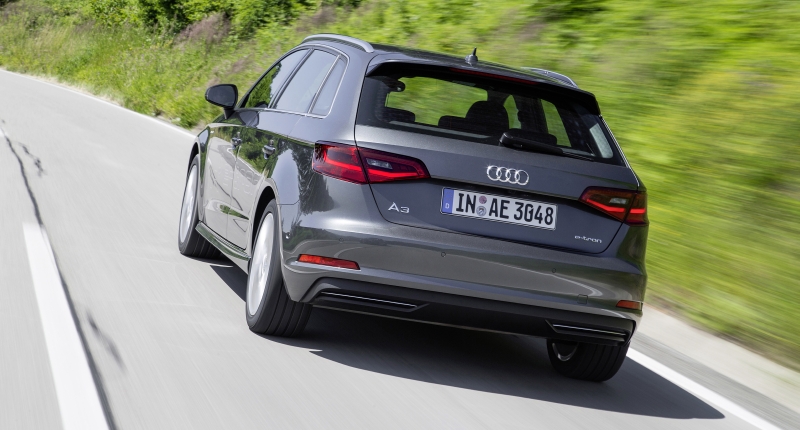While Panasonic and Tesla are drinking tea under the Stateside sun following their latest Gigaplant deal, LG and Audi are having celebrations of their own. The two giants of their respective fields have signed an agreement that will see the Korean tech giant supply batteries to the German automaker.
No ad to show here.
The deal is worth “hundreds of billions of dollars” and will see future Audi electric vehicles, commonly branded as “e-tron”, hum past on LG-power. Allegedly, the signatures were part of the plan to boost slowing sales in the Volkswagen fleet’s plug-in hybrid markets, which is surprising in itself. Volkswagen sales have rose 4% in June, including unbrella brands like Skoda.
According to NASDAQ, LG Chem is already seasoned in producing automotive batteries, having supplied GM, Renault, Ford, Hyundai and Kia in the past. The company is planning a new plant in China, as it already owns two examples in the U.S. and Korea.
But why has Audi gone with LG and not Tesla, for example?
Simple. Tesla’s Gigafactory will only be up and running by 2020, if all plans are carried out accordingly. And while the EU enforce ever stricter emissions laws and the price of petroleum balloons ever further, there’s no better time to jump into bed with hybrid technologies.
Audi is already proficient in building swift yet frugal cars, in both the racing and production spheres. LG seems a logical choice as the largest battery manufacturer by sales — the most stable, and seemingly reliable choice currently.
LG also noted that it could “expect more such deals from the German (Volkswagen) auto group,” which hints at possible uses for LG batteries extending beyond the Audi stable. Perhaps a hybrid Bugatti Veyron powered by LG batteries?
We’re certainly intrigued.
